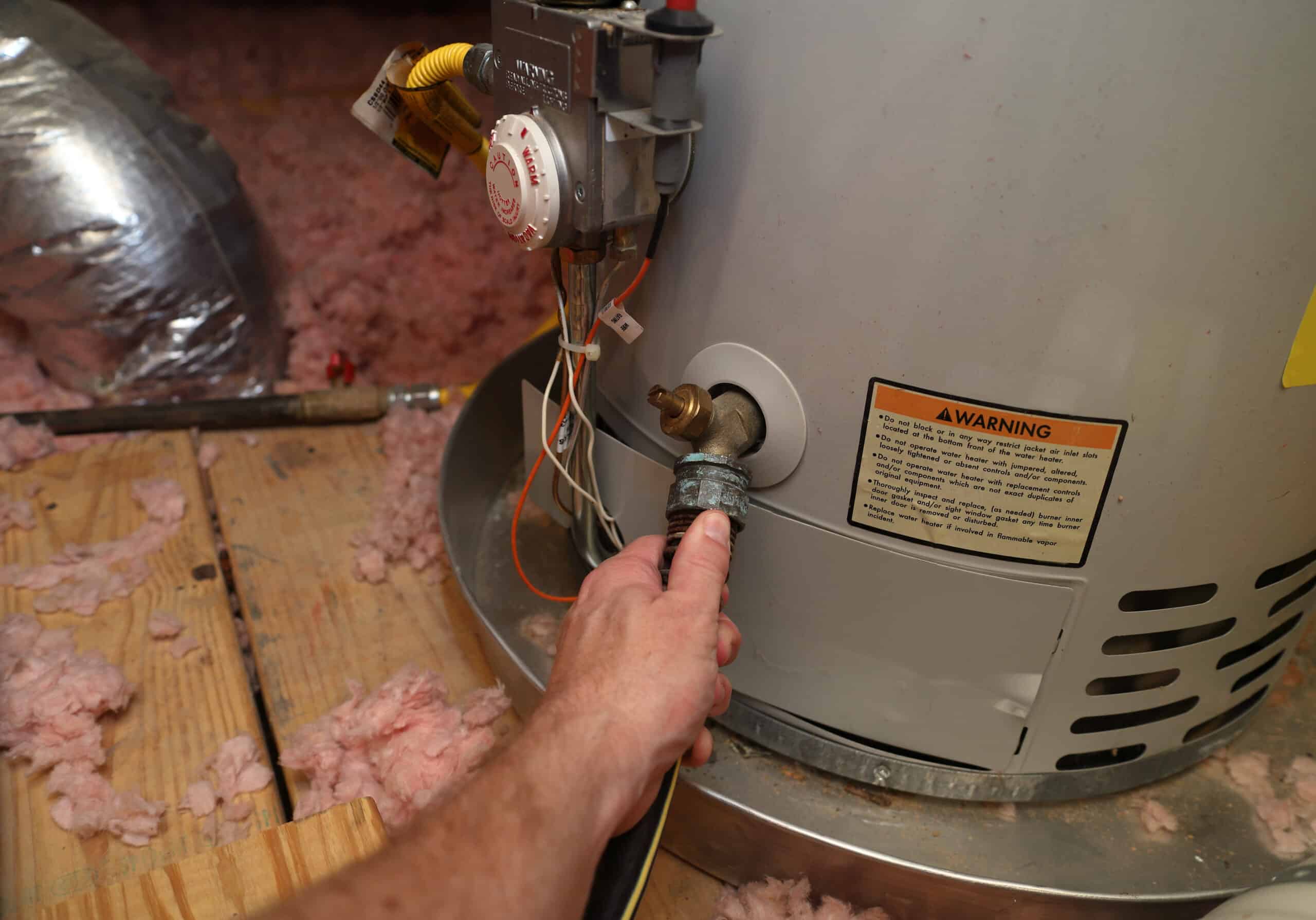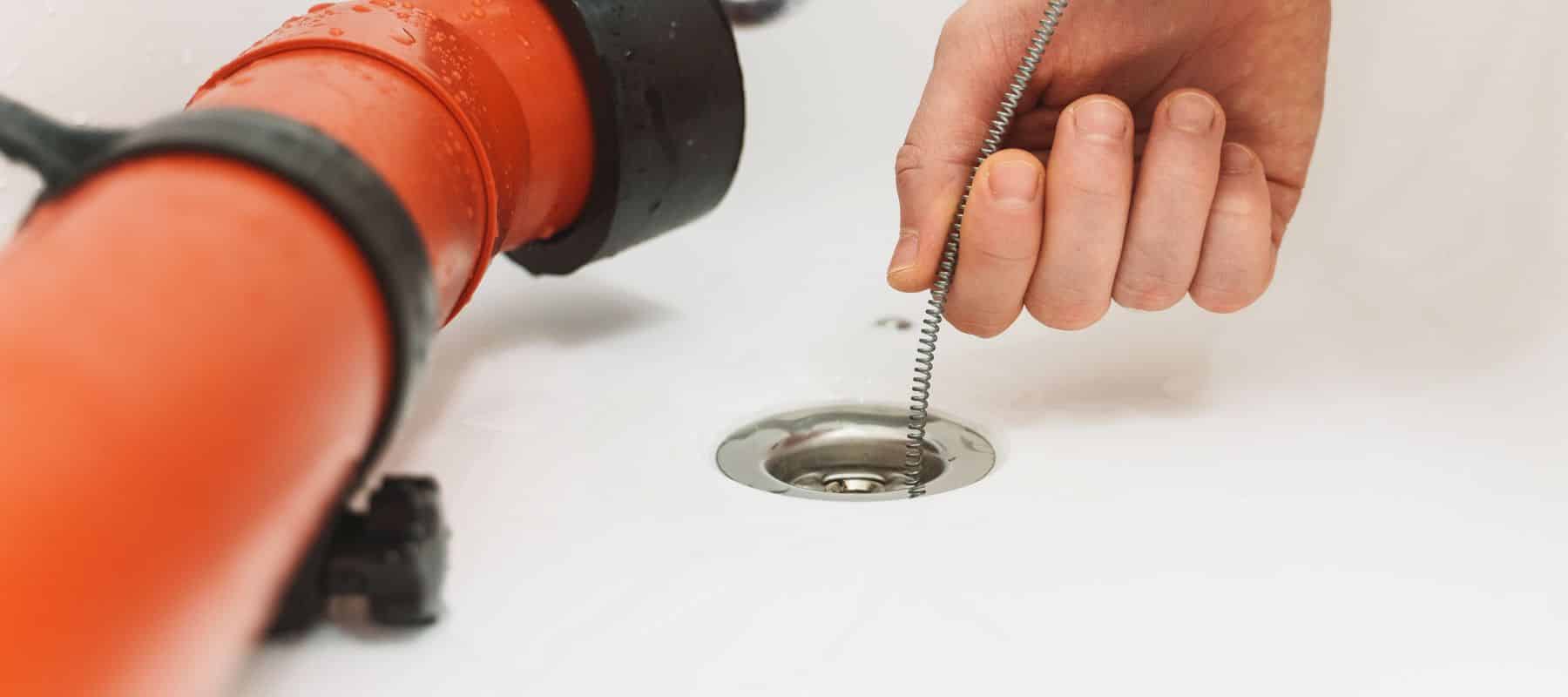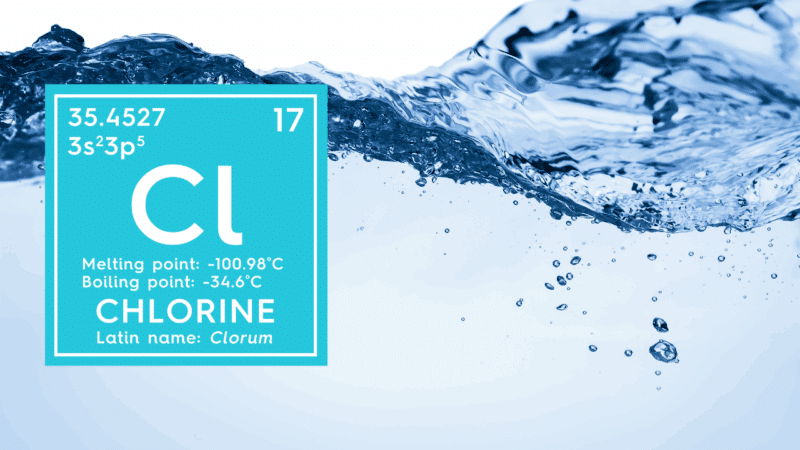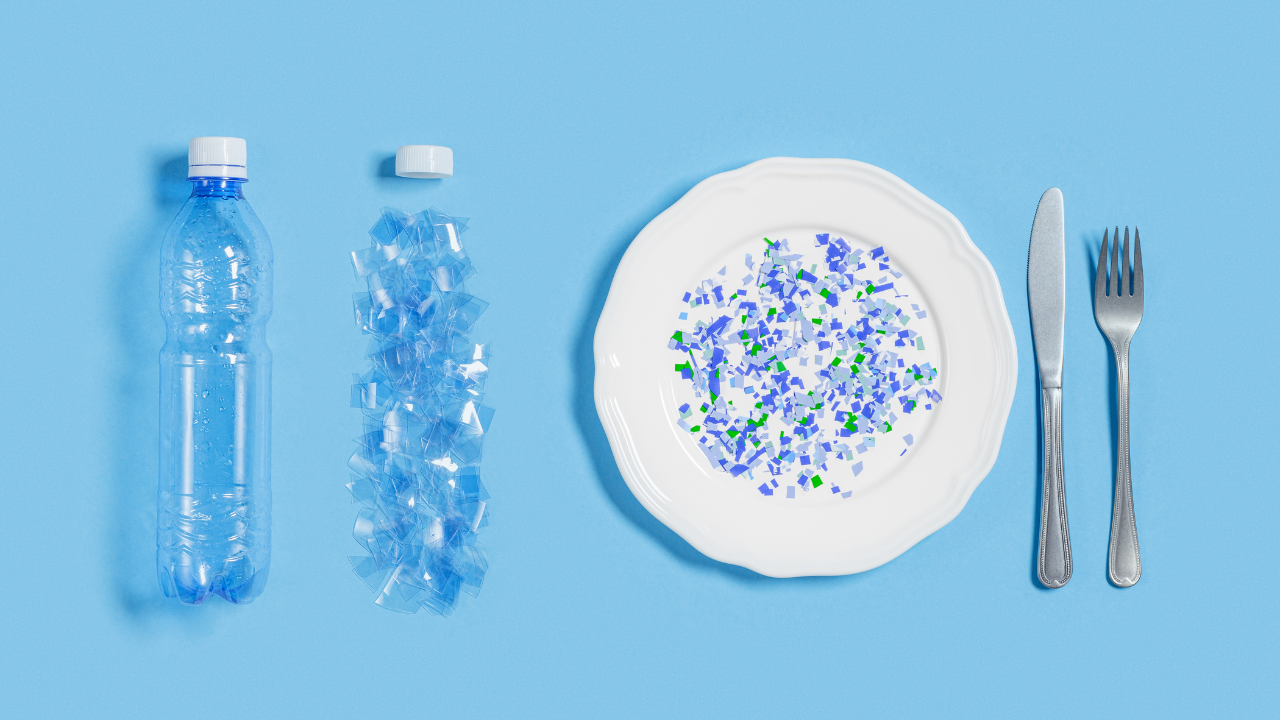In this article…
- Top 11 Signs You Need a Water Filtration System
- Bad Taste or Odor
- You Rely on City Water with a Strong Chlorine Smell
- Discoloration in Water
- Visible Sediment
- Dry Skin and Hair
- Plumbing or Appliance Buildup
- Staining on Laundry or Plumbing Filters
- Frequent Illness or Stomach Issues
- You Use Well Water
- Water Testing Shows Contaminants
- You Want Peace of Mind For Your Home
- Finding The Right Filtration System For Your Home
Have you noticed a strange taste in your tap water? Maybe signs of cloudiness and sediment when you pour a glass of water?
Well, these are only a few signs that your home’s water quality could be compromised.
If your home’s water has increased amounts of chemicals, particles, or excess hardness, this not only affects the color and taste but also impacts your health.
Luckily, you can combat these harmful contaminants by adding a water filtration system to your home, either with a reverse osmosis (RO) drinking filter or with a whole-house filtration system that filters all water entering your home.
But first, you want to know what all the signs are that indicate you should consider a water filtration system, which is exactly what we’ll cover in this article.
At Jim’s Plumbing Now, our team of expert plumbers is here to provide you with high-quality plumbing services and water filtration solutions fit for every home.
The difference between us and our competitors is that we are the plumbers who protect you.
The quality and safety of your water are such vital components to your health, and we want to ensure you and your family have the best water possible, whether it’s for drinking, eating, washing dishes, or bathing.
So, if you’re interested in improving your water’s taste, quality, and health, you want to know that it will be worth it.
This article will outline 11 common signs that you should invest in a water filtration system, why you may be experiencing these problems, and how they affect your health. Then, you can understand the value a water filtration system can add to your home, your health, and your quality of life.
Top 11 Signs You Need a Water Filtration System
Some signs your water quality is in jeopardy are obvious, like bad taste or discoloration, while others you may not even be aware of.
You want to understand not only what to look for that indicates you should invest in a water filtration system but also what causes these things to happen and how it affects you, which is exactly what we’ll dive into here.
1. Bad Taste or Odor
If your water smells like chlorine, sulfur (rotten eggs), or has a metallic or earthy taste, a filtration system can help remove those contaminants.
Chlorine is a common chemical used to disinfect city water, which can cause a strong odor if levels are too high. The same goes for hydrogen sulfide gas caused by organic, decaying matter or metals like iron and copper.
These substances don’t just create an unpleasant taste or smell – they may cause long-term exposure concerns. Chlorine byproducts, for instance, have been linked to health risks, and sulfur can cause nausea in large doses.
2. You Rely on City Water with a Strong Chlorine Smell
Municipal water is commonly disinfected with chlorine or chloramine. A good filtration system can remove these while still keeping your water safe.
While effective for killing bacteria, these chemicals can irritate the skin and eyes and also cause an unpleasant smell or taste.
Choosing a high-quality filtration system will improve the taste and smell of your water and protect you from potential health threats.
3. Discoloration in Water
Yellow, brown, or cloudy water could indicate rust, sediment, or other impurities coming through your pipes.
Discoloration can be caused by rust from aging pipes, sediment, or manganese and iron naturally present in groundwater.
Discolored water can stain clothing and plumbing fixtures. It can also indicate pipe corrosion or other issues that can compromise your plumbing system and cause costly damage and introduce more contaminants through your pipes.
4. Visible Sediment
If you notice particles floating in your glass or collecting at the bottom, you likely have hard water that contains sediment a filtration system can catch.
Sand, silt, rust particles, calcium, or other natural debris will create visible sediment in your water, especially if you use well water.
These particles can damage appliances, clog fixtures, and may contain harmful bacteria or heavy metals.
5. Dry Skin and Hair
Hard water, which is high in calcium and magnesium, is loaded with minerals that can lead to dryness, irritation, or buildup on your skin and hair after showering.
These minerals can strip natural oils from your skin and hair, leading to dryness, irritation, and even eczema flare-ups for some.
Investing in a whole-house water filtration system will provide your showers and sinks with filtered, softer water that won’t contain high calcium and magnesium contents that cause these discomforts.
Learn more about HALO Whole-House Water Filtration Systems and how they work!
6. Plumbing or Appliance Buildup
Scale buildup on faucets, showerheads, or inside appliances like dishwashers or water heaters is a sign of hard water that filtration can help with. The buildup is caused by mineral scale from the hard water.
This buildup shortens the lifespan of water heaters, dishwashers, and washing machines, making them less efficient and more prone to breakdowns. This can result in needing frequent repairs or full appliance replacements, which can be frustrating.
7. Staining on Laundry or Plumbing Fixtures
Red or orange stains often point to iron or manganese in the water, while blue or green can suggest corrosion from copper pipes.
These stains are more than cosmetic, though. They indicate elevated metal levels, which can damage fabrics and corrode plumbing over time.
8. Frequent Illness or Stomach Issues
If you, anyone in your household, or your pets are constantly experiencing stomach issues or sickness, there could be bacteria or other harmful contaminants in your water.
Bacteria like E. coli or viruses can make their way into your home if you have untreated or poorly treated water.
These contaminants can cause gastrointestinal problems, especially in children, older adults, or anyone with a compromised immune system.
9. You Use Well Water
Well water isn’t regulated the same way as city water, so a filtration system is often necessary to protect against bacteria, nitrates, and heavy metals. It may also contain everything from pesticides and nitrates to bacteria and heavy metals.
Without proper filtration, you’re at greater risk of consuming harmful substances that could cause anything from skin irritation to serious long-term health issues.
10. Water Testing Shows Contaminants
If you’ve had your water tested, either through a home kit or by a professional, and the results show elevated levels of lead, chlorine, bacteria, or other contaminants, it’s a clear indicator that a filtration system is needed.
Naturally occurring elements, agricultural runoff, decaying infrastructure, or outdated plumbing are some common causes of poor water quality tests.
Elevated levels of lead, arsenic, nitrates, or bacteria can lead to serious long-term health complications, and a filtration system is essential.
11. You Want Peace of Mind For Your Home
Even if your water seems fine, it can still contain low levels of contaminants or heavy metals like lead, especially in older homes.
A filtration system provides an added layer of security and convenience for your family’s health, appliances, and overall water quality.
Finding The Right Filtration System For Your Home
Now that you understand some of the most common signs you may need a water filtration system and how it can improve your home’s water quality, you can continue exploring different filtration types and find the best one for you.
The most obvious signs you may need a water filtration system are a poor taste or odor, discoloration or visible sediment, or staining of appliances and clothing.
However, not every contaminant will clearly make itself known.
Homes that utilize well water systems or rely heavily on city water can contain harmful bacterias and chemicals you might not notice through sight, taste, or smell.
A professional water quality test will provide you with accurate, thorough results, showcasing what’s in your water and if it’s safe for consumption.
These tests look for levels of heavy metals, chemicals, bacterias, sediment, and other harmful contaminants that could be damaging your health without you even knowing it.
Want to learn more about how your water is tested? Check out this article that details how water quality is tested, what it tests for, and what the best solution is for you.
Ready to upgrade your home’s water quality? Schedule your appointment with Jim’s Plumbing Now today!










